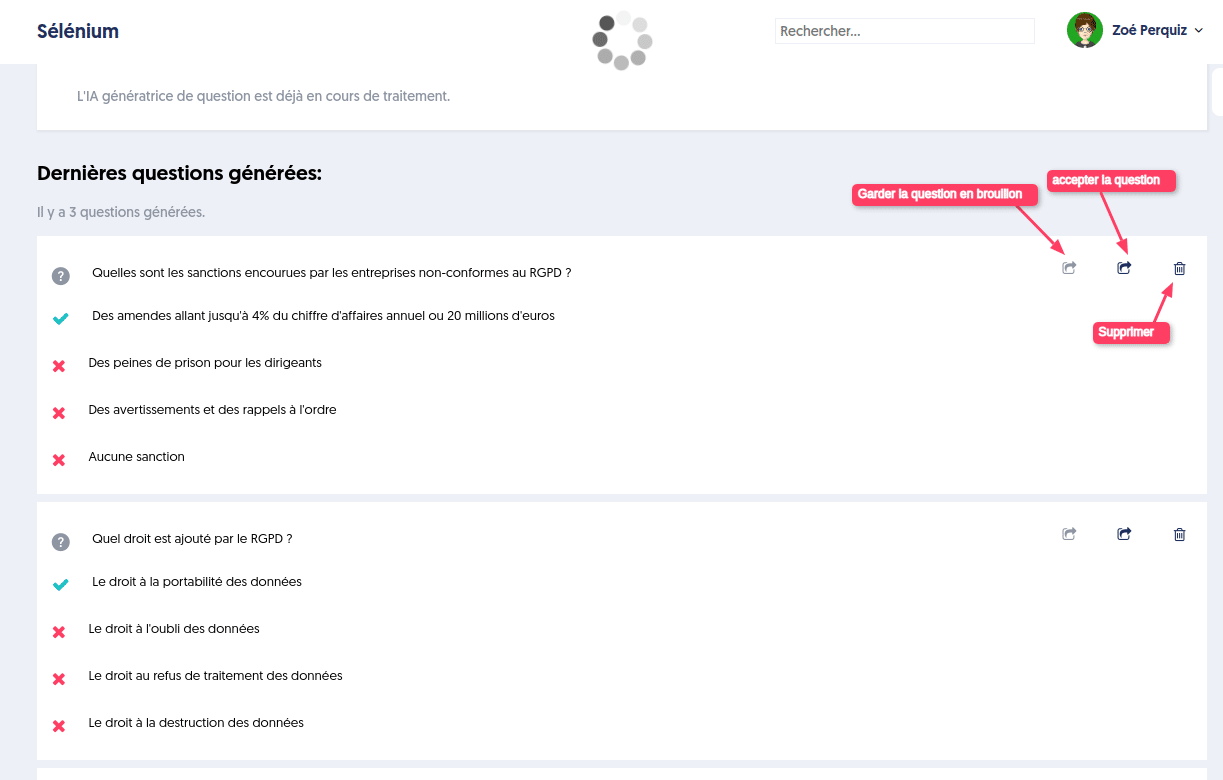In a bold move in response to the growing challenges of artificial intelligence, one of the world’s largest publishers, Penguin Random House, has decided to insert warnings in its publications. These precautions aim to defend copyright by prohibiting the use and reproduction of its contents for training AI models. By extending this initiative to new editions as well as reprints of titles, the publisher positions itself as a committed player in the face of the challenges posed by modern technology, calling on other houses to adopt similar measures to protect their creativity and literary heritage.
In a proactive approach to the growing concerns regarding the use of artificial intelligence, one of the world’s largest publishers, Penguin Random House, has decided to integrate warnings into its works. These notices state that the content cannot be used or reproduced in the context of training AI models. This initiative, which will apply to both new publications and reprints of older titles, could encourage other publishers to adopt similar measures to protect their copyright.

Table of Contents
ToggleOne of the world’s largest publishers and AI
Penguin Random House, one of the most influential publishers in the publishing market, has recently made a significant advance on the subject of copyright and artificial intelligences. By integrating warnings into its works, the publisher aims to protect its copyright against the risk that its contents may be used to train AI models. This decision comes in a context where the use of large text databases to train these systems raises prominent ethical and legal questions.
Warnings to protect copyright
The presence of warnings in books concerning the potential use of texts for training artificial intelligence models will help raise awareness among the public and professionals in publishing. Users of the books will need to be informed that the contents cannot be reproduced for machine learning purposes. This approach is confirmed by Innovations, reporting that these precautions will apply not only to new publications but also to reprints of existing titles.
A trend likely to expand
It is conceivable that this initiative by Penguin Random House will encourage other publishing houses to take similar measures to avoid potential violations of their copyright. More and more publishers are confronted with the rise of artificial intelligence and its impact on the publishing sector, leading to a collective reflection on the legal framework needed to regulate these practices. Concerns about the reliability of the information generated by AI models are intensifying and highlight the need for public debate on these crucial issues.
Dangers de l'IA générative pour la démocratie et la société : les avertissements se multiplient https://t.co/ZQEdNpktXk pic.twitter.com/mEjwBeNse7
— Boursorama (@Boursorama) March 7, 2024











